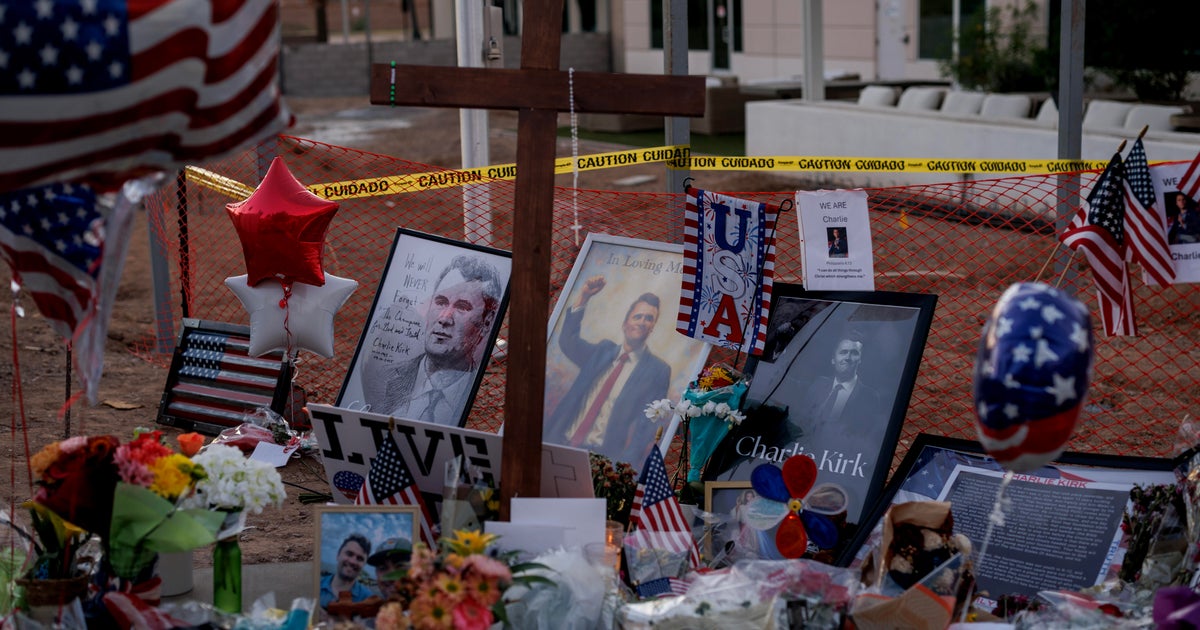Accused Trump Assassin Trial: Mental Health and Public Figures

Introduction
Ryan Routh, the man accused of attempting to assassinate Donald Trump on a Florida golf course, is awaiting the verdict in his trial after representing himself. The trial has been highly publicized and has captured the attention of the nation as it delves into the details of the alleged assassination attempt.
Key Details
Routh's final argument was made on Tuesday as the jury prepared to begin deliberations. During the trial, it was revealed that Routh had a history of mental health issues and had previously been involuntarily committed to a psychiatric hospital. Some have speculated that this could be a factor in his decision to represent himself in court.
The prosecution argued that Routh had carefully planned the attempted assassination, citing evidence such as a handwritten note with detailed instructions on how to carry out the attack. However, Routh maintained his innocence and pleaded not guilty to the charges.
Impact
The outcome of this trial will have significant implications, not only for Routh but also for the security measures in place for high-profile public figures. The incident has also sparked discussions about the accessibility of mental health treatment and the potential consequences of inadequate care.
Regardless of the verdict, the trial serves as a reminder of the potential dangers and risks that come with public figures and the importance of being vigilant and proactive in ensuring their safety.
About the People Mentioned
Donald Trump
Donald John Trump, born June 14, 1946, in Queens, New York, is an American businessman, media personality, and politician. He graduated from the University of Pennsylvania’s Wharton School in 1968 with a degree in economics. In 1971, he took over his family’s real estate business, renaming it the Trump Organization, through which he expanded into building and managing skyscrapers, hotels, casinos, and golf courses. Trump gained widespread fame as the host of the reality TV show *The Apprentice* from 2004 to 2015, which helped establish his public persona as a successful entrepreneur. Trump entered politics as a Republican and was elected the 45th president of the United States, serving from 2017 to 2021. His presidency was marked by significant policy actions including tax cuts, deregulation, the appointment of three Supreme Court justices, renegotiation of trade agreements (notably replacing NAFTA with the USMCA), and a focus on immigration control including border wall expansion. He withdrew the U.S. from international agreements such as the Paris Climate Accord and the Iran nuclear deal, and engaged in a trade war with China. His administration’s response to the COVID-19 pandemic was criticized for downplaying the virus’s severity. Trump was impeached twice by the House of Representatives—first in 2019 for abuse of power and obstruction, and again in 2021 for incitement of insurrection—but was acquitted by the Senate both times. After losing the 2020 election to Joe Biden, Trump challenged the results, culminating in the January 6, 2021, Capitol riot. He remains a central figure in American politics, having won the 2024 presidential election and returned as the 47th president in 2025, continuing to promote policies aimed at economic growth, border security, and military strength[1][2][3][4].
About the Organizations Mentioned
Prosecution
The term "prosecution" often refers to the legal process of bringing charges against individuals or entities for alleged crimes. However, in the context of an organization, it can relate to professional associations or networks that support and enhance the work of prosecutors. Here's a comprehensive summary focusing on the organizational aspect of prosecution: ## What Prosecution Organizations Do Prosecution organizations, such as the International Association of Prosecutors (IAP) and the Association of Prosecuting Attorneys (APA), serve as networks that support prosecutors worldwide. These organizations aim to enhance the effectiveness of prosecutors by promoting professional standards, providing training, and fostering collaboration among legal professionals. They play a crucial role in upholding the rule of law and ensuring fair justice systems. ## History The IAP was established to provide a global platform for prosecutors, while the APA focuses on training and technical assistance in the United States. Both organizations have a history of supporting prosecutors in their efforts to create safer communities and ensure that justice is served. ## Key Achievements - **Global Standards**: The IAP has developed standards for professional conduct that guide prosecutors worldwide. - **Training and Support**: The APA offers extensive training programs to enhance prosecutorial skills, particularly in areas like digital evidence and asset recovery. - **Community Engagement**: Both organizations emphasize community involvement, recognizing the importance of public trust in the justice system. ## Current Status Currently, these organizations continue to play vital roles in modernizing prosecution practices. They address emerging challenges such as cybercrime and digital evidence collection, ensuring that prosecutors are equipped to handle complex cases effectively. ## Notable Aspects - **Global Reach**: The IAP represents over 250,000 prosecutors across more than 175 countries, making it a significant global network. - **Innovation**: Both organizations are at the forefront of legal innovation, supporting prosecutors in adapting to new technologies and legal challenges. - **Collaboration**: They foster collaboration among legal professionals, law enforcement agencies, and community organizations to improve public


















